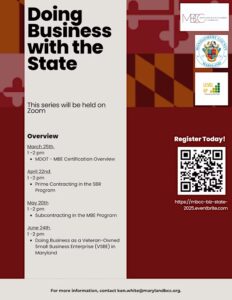Last year, Eli Lilly’s annual shareholders letter referenced the acronym for diversity, equity and inclusion 48 times. This year, “DEI” is nowhere to be found.
In March, Starbucks got shareholder approval to replace “representation” goals with “talent” performance for executive bonus incentives. At Molson Coors, “People & Planet” metrics have displaced environmental, social and governance (ESG) goals, and the acronym DEI has disappeared altogether.
Get a curated selection of 10 of our best stories in your inbox every weekend.
Amid growing legal, social and political backlash, American businesses, industry groups and employment professionals are quietly scrubbing DEI from public view — though not necessarily abandoning its practice. As they rebrand programs and hot-button acronyms, they’re reassessing decades-old anti-discrimination strategies and rewriting policies that once emphasized race and gender to prioritize inclusion for all.
It’s a stark contrast to 2020, when the murder of George Floyd unleashed a racial justice movement that prompted companies to double down on policies aiming to increase opportunity for groups that have historically faced discrimination. Less than a year after the Supreme Court struck down affirmative action in colleges and universities — a landmark ruling that found race-conscious admissions violated the right to equal treatment under the Constitution — a growing contingent of critics is arguing that DEI creates inequalities of its own. Some conservatives have blamed DEI for a variety of problems, such as the Baltimore bridge collapse and Boeing’s safety woes, without providing evidence. Dozens of anti-DEI bills are being considered by state legislatures across the country, and DEI looks poised to become a wedge issue in this year’s presidential election.






